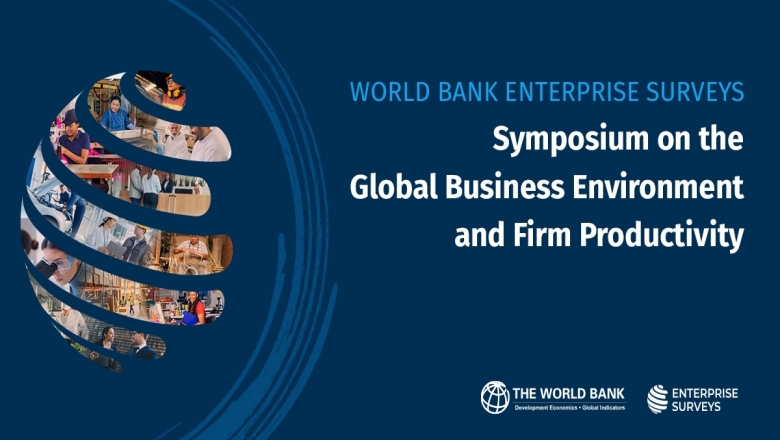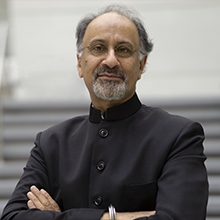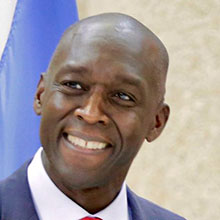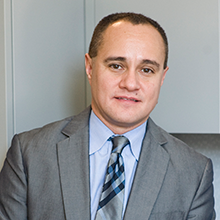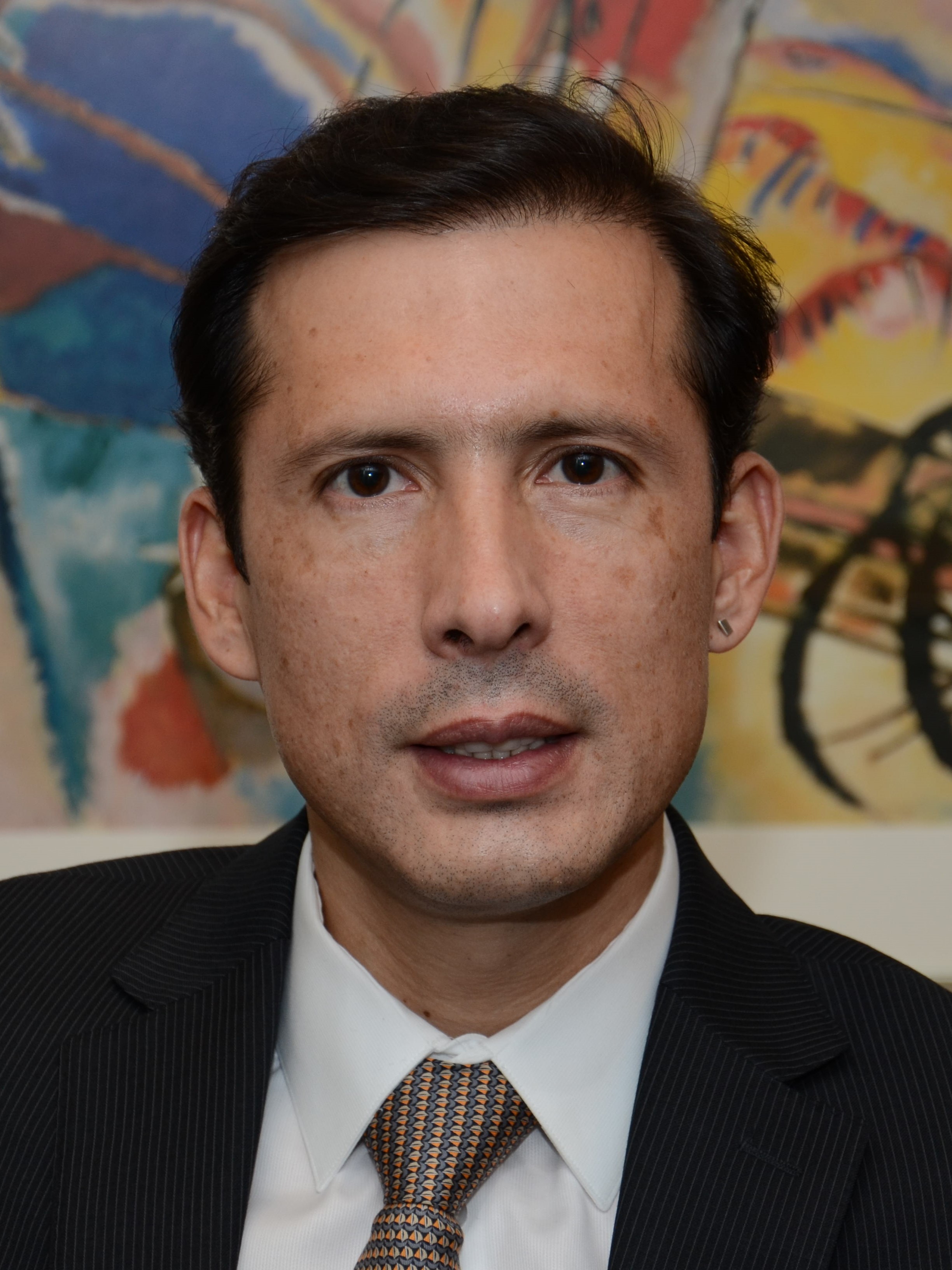June 5th, 2025
9:30am - 11am ET
The International Finance Corporation (IFC), 2121 Pennsylvania Avenue, N.W., Washington, DC
- OVERVIEW
- AGENDA
- SPEAKERS
- RELATED
The private sector is a key engine of economic development, fueling productivity gains, job creation, investments, and public revenues. Vibrant private enterprises are essential to poverty reduction. Realizing their full potential requires a deep understanding of the key drivers of firm productivity and the challenges firms encounter within their business environment.
In this symposium, distinguished economists and practitioners will share valuable insights drawn from the newly released World Bank Enterprise Surveys (WBES) data, covering 103 economies. These insights shed light on the global business environment and firm productivity. The WBES provides publicly available, nationally representative, firm-level data collected through a rigorous and standardized methodology since 2005. The latest round of data—featuring over 60,000 interviews with business owners and top managers—is the focus of this symposium and also contributes to the World Bank’s flagship Business Ready (B-READY) report, which assesses the global business climate.
The symposium will conclude with the award ceremony for the David Dollar Memorial Prize, honoring exceptional policy-relevant research on private sector development based on the WBES data. Nearly 200 research papers completed in the last two years were submitted for consideration.
CONTACT: Nona Karalashvili at nkaralashvili@worldbank.org, or a wider team at enterprisesurveys@worldbank.org.
| Video message on the importance of the World Bank Enterprise Surveys | Makhtar Diop, Managing Director of the International Finance Corporation (IFC) |
| Presentation: What do businesses around the world experience? Main findings from the latest 103 World Bank Enterprise Surveys | Jorge Rodriguez Meza, Manager, Enterprise Analysis Unit, Global Indicators Group, World Bank |
| Fireside chat with the World Bank Group Chief Economist | Indermit Gill, Chief Economist of the World Bank Group, Senior VP of Development Economics Roberta Gatti, Chief Economist, Middle East and North Africa, World Bank |
| Presentation: Understanding firm productivity using the WBES data | Jan De Loecker, Professor of Economics and Research Professor, University of Leuven, Research Fellow at the Centre for Economic Policy Research |
| Presentation: Understanding obstacles in the business environment for productive firms using the WBES data | Diego Restuccia, Professor of Economics and Canada Research Chair in Macroeconomics and Productivity, University of Toronto |
| Reflections on the uses of the WBES and firm-level surveys generally for development | Susan Lund, Vice President, Economics and Private Sector Development, International Finance Corporation |
Award ceremony of the David Dollar Memorial Prize Closing remarks |
Norman Loayza, Director, Global Indicators Group, World Bank |
Date: June 05, 2025
Time: 09:30 AM - 11:00 AM ET
Location: Room L-101, 2121 Pennsylvania Avenue NW, Washington DC // Online (Hybrid)

